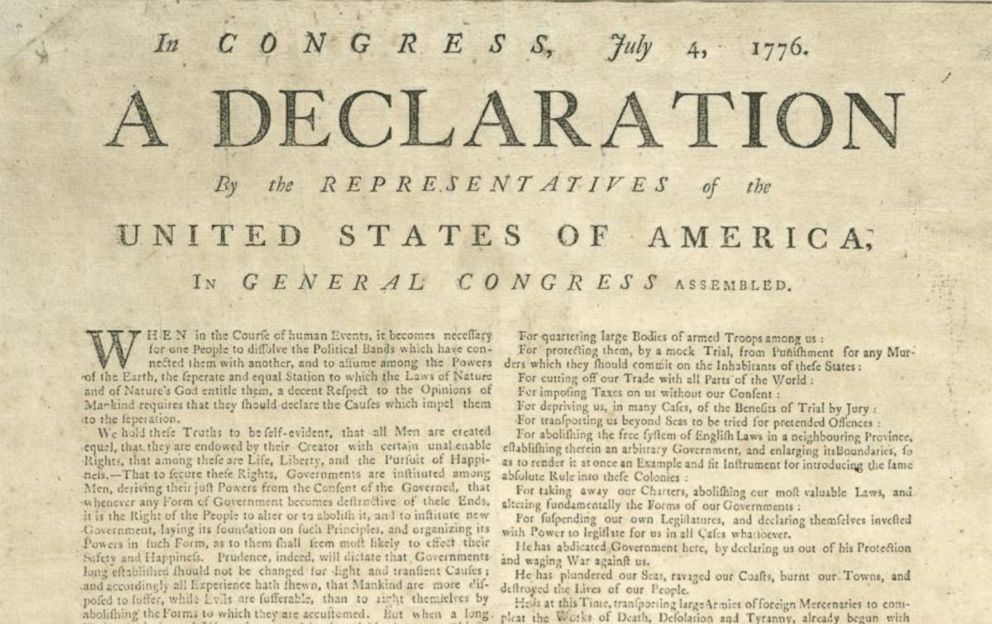This proclamation, pronounced January 1 1863 by president lincoln, was monumental to say the least. In this, all slaves were declared free and it was pledged that the executive branch would use its power to preserve the liberties of newly freed slaves. He also promotes the idea of sending elected representatives back to congress to revert back to a peaceful state, specifically in the states of Arkansas, Texas, Louisiana, Mississippi, Alabama, Florida, Georgia, the Carolinas, and portions of Virginia. Lincoln encourages ex-slaves to be peaceful, and to consider enlisting in the military. To conclude, he asks for the help of god.

The emancipation proclamation

The declaration is alike the emancipation proclamation as it provided a controversial demographic the rights they sought.

The emancipation proclamation

The declaration is alike the emancipation proclamation as it provided a controversial demographic the rights they sought.
Comments
Post a Comment